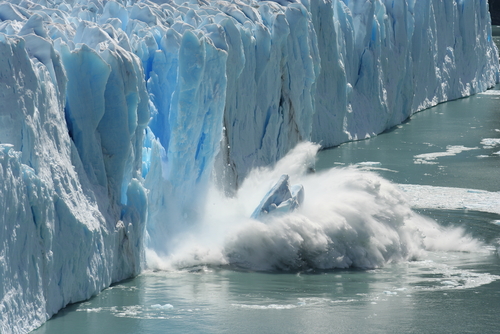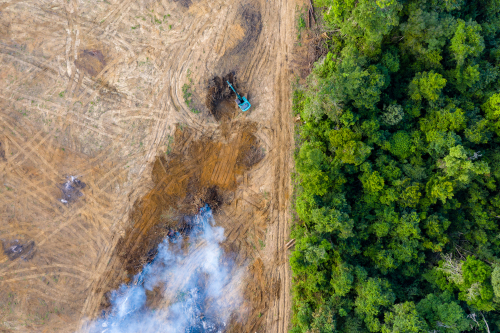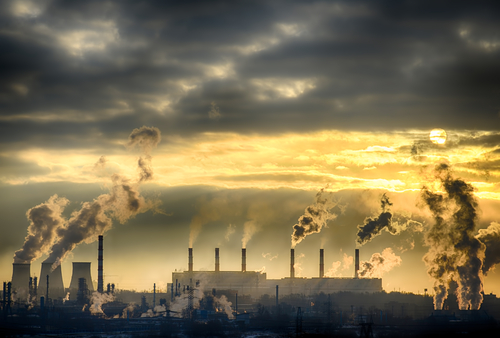Climate Change
What is it?

Climate change is the long-lasting alteration of the global climate. While the process may occur naturally, the current changes are chiefly due to human activity. The average global temperature increased by 0.74°C in the past 100 years (essentially in the years following the industrial revolution). The northern hemisphere is now considerably warmer than in any other period in the last millennium. In addition, eleven of the past twelve years (1995-2006) posted the highest temperatures recorded since 1850.
What causes climate change?

Scientists have advanced that the main cause of climate change, the greenhouse effect, is a natural phenomenon that is accelerated by human activity. The greenhouse gases (GHGs) released into the atmosphere increase the effect’s potential to capture heat (greenhouse effect), leading to higher global temperatures. Today, the atmosphere contains 32% more carbon dioxide (CO2)—one of the major GHGs—than it did at the start of the industrial age. This is largely attributable to the combustion of fossil fuels such as coal, oil and gas. Deforestation and intensive modern agricultural methods also contribute to the problem.
What are greenhouse gas emissions?

What are the effects?
Even a small increase in the earth’s average global temperature (0.74°C) has already had significant impacts.

